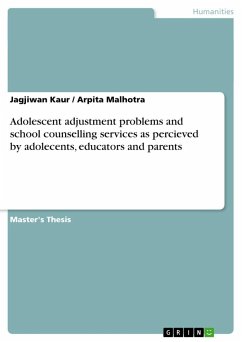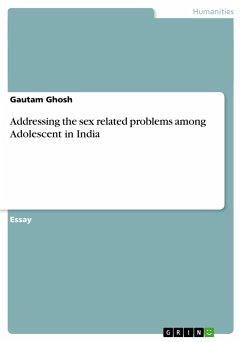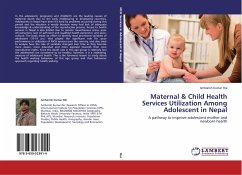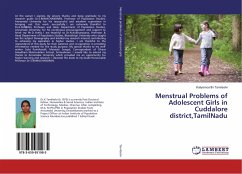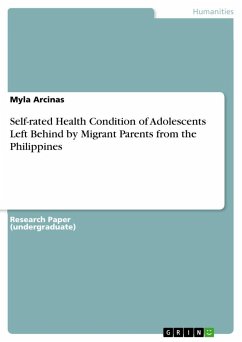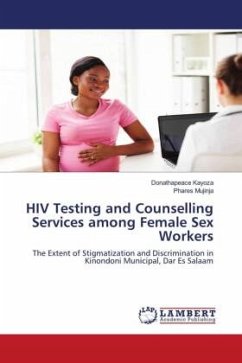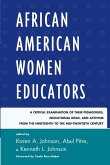Master's Thesis from the year 2008 in the subject Sociology - Children and Youth, grade: A, Panjab University (Government Home Science College, Chandigarh, India), course: Masters in Child Development, language: English, abstract: The present study was designed to investigate adolescent adjustment problems and school counselling services as perceived by adolescents, educators and parents. The objectives of the study were: (1) to gain an insight into perception of adolescents, educators and parents regarding adjustment problems of adolescents in various domains, (2) to gauge the views of educators, parents and adolescents regarding need and importance of counselling services in schools, (3) to understand the views of educators, parents and adolescents related to various aspects of implementation of school counselling services.The results obtained from both the responses on the Student problem checklist and on the questionnaires indicated similar perception of adjustment problems. The study revealed that school going adolescents perceived low adjustment in the domains of studies, occupation and health. All the respondents emphasized on the need of counselling for the school going adolescents. However, very few had actually approached any professional ever for counselling and were not very clear about the role of counselors in schools. The results also revealed that adolescents and parents preferred approaching teachers rather than the professional counselors for help. The teachers perceived themselves as able and as competent as the counselors in handling adolescent problems, although at times they reported having difficulty in dealing with certain specific problems.The results highlighted the need to orient and educate the adolescents, teachers and parents on the need for counselling. Regular in-service training and workshops were asked for by the teachers, to develop and enhance their counselling skills.

